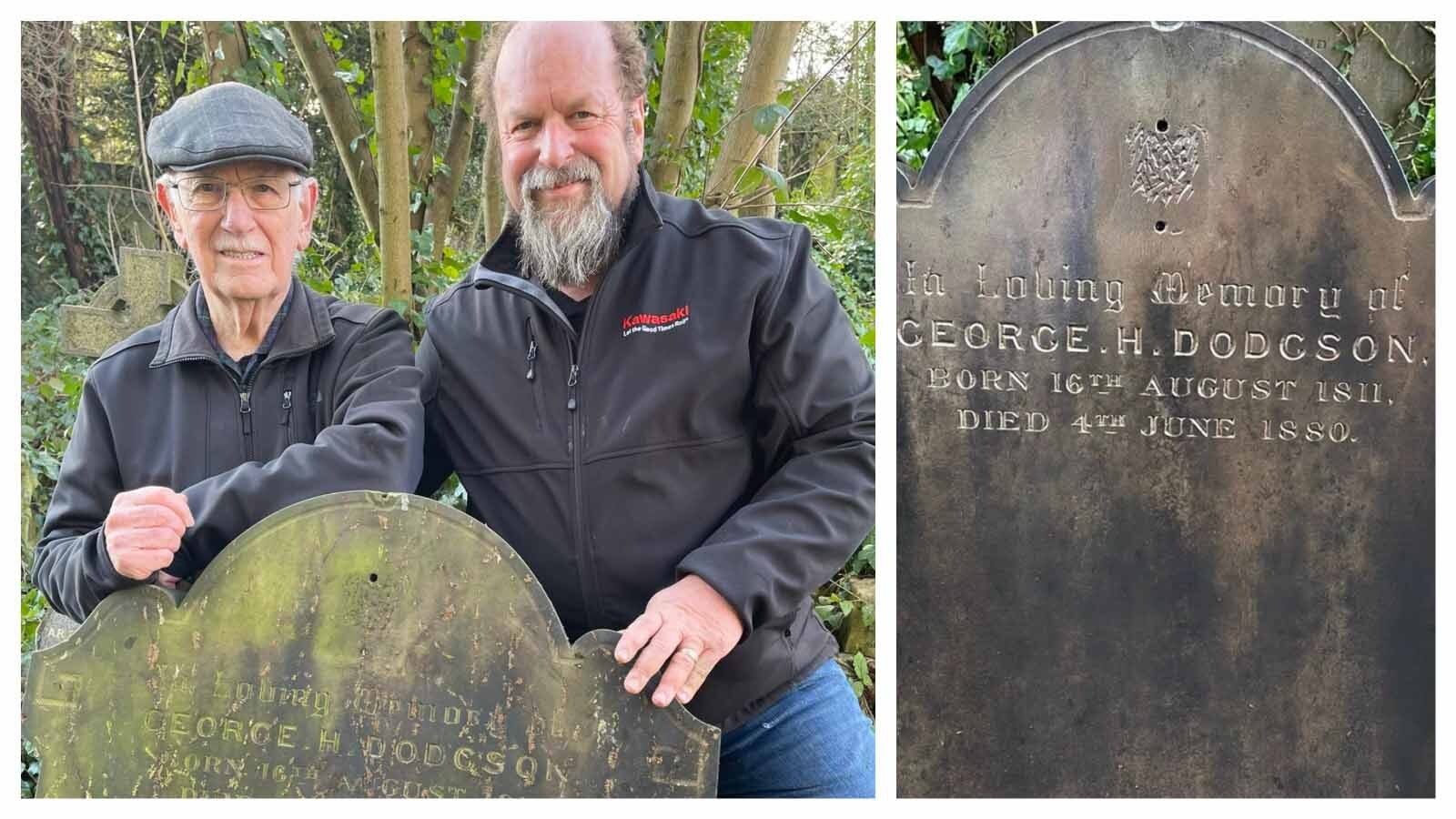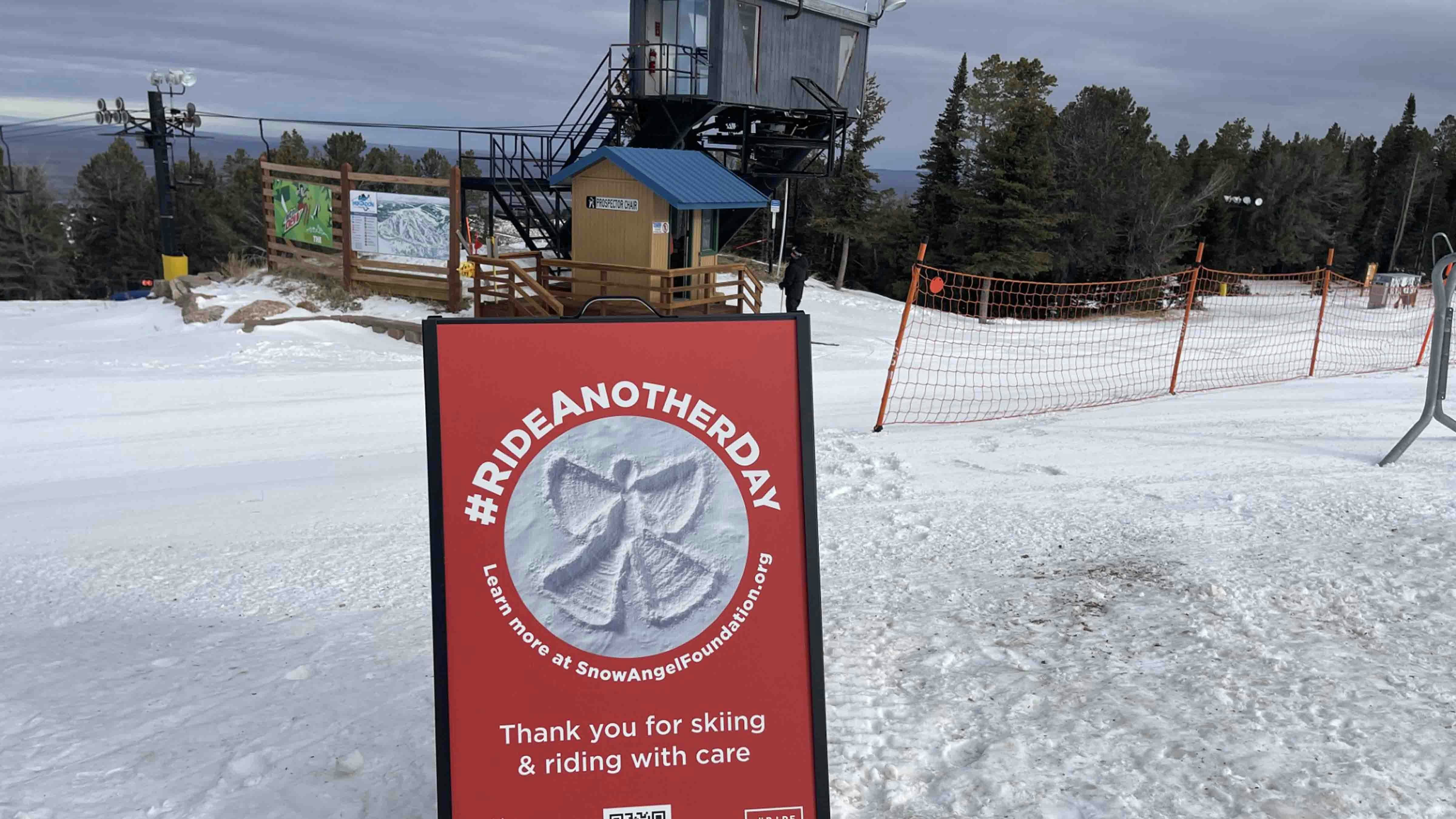POWELL — When Joe Kennedy was told to pick between coaching high school football and praying after games, he chose prayer and left a job he loved.
Since becoming an assistant football coach at Bremerton High School in Bremerton, Washington, in 2008, Kennedy would take a knee on the field after games for a quick prayer. Over time, players and others would join in.
It’s a scene repeated thousands of times on high school fields during football season across the nation, including in Wyoming.
Eventually, Kennedy began getting push-back from his school district and lost his coaching job in 2015.
After seven years of lawsuits and appeals to get his job back, Kennedy finally won last year in the one venue that matters most — the U.S. Supreme Court, which ruled his postgame prayers were protected by the U.S. Constitution.
In Wyoming
Kennedy brought his story of faith and the First Amendment to Wyoming, which he shared with Powell residents Sunday.
Dozens of people gathered at The Link in Powell to hear Kennedy during one of several speaking engagements he has scheduled for his visit to northwest Wyoming.
“I was supposed to be doing a fly-fishing trip with a friend in Clark,” he told Cowboy State Daily. “I felt we might as well make something of it while I’m there. I hate just coming in and using this state. I want to give something back.”
What started as a visit to a local church turned into a slate of speaking engagements at several churches where Kennedy, in his Bremerton Warriors shirt, talked about the conviction of his faith and how it led to a precedent-setting legal fight that, in his words, instantaneously overturned 7,100 cases.

Kennedy V. Bremerton School District
Kennedy spoke during the Sunday services at Grace Point, a broadly evangelical church in Powell, at the invitation of Senior Pastor David Poole, who felt the congregation would resonate with Kennedy’s story of struggle to express his faith.
“We think his story is pretty inspiring,” Poole said. “This gives an opportunity for Joe to tell his story and remind people what their constitutional rights are. His case is really important because a lot (was riding) on what the outcome was.”
Kennedy said his was a troubled childhood of delinquency that got him sent to a boy’s school. After serving in the U.S. Marine Corps, he “gave himself to God,” which he credits as the reason he found the love of his life and started to better his life.
As a coach for the Bremerton High School football team, Kennedy routinely prayed at the 50-yard line after every game. The local school board instructed him to stop the practice, fearing it violated the Establishment Clause, the legal precedent separating Church and State.
Kennedy said he reluctantly agreed to keep his public prayer more personal, but he couldn’t stop an opposing team from coming to him after one game to support him on his postgame prayer.
Kennedy said he was then finally given an ultimatum to either stop praying or stop coaching.
“Something as trivial as a 30-second prayer, some high school football coach being faithful? That’s not Supreme Court-worthy. That’s not book-worthy. That’s not newsworthy,” he said. “That’s what people do every day. But God took it to a new level.”
That new level was having his case championed by the First Liberty Institute, which fought for Kennedy to regain his coaching job and the right to practice his faith publicly. Kennedy described himself as “a warrior” and felt a need to keep fighting despite seven years and numerous setbacks.
“We lost seven times,” he said. “And it went to the Supreme Court twice.”
In a 6-3 decision, Kennedy vs. Bremerton School District was decided in Kennedy’s favor on June 27, 2022. In the majority opinion, Justice Neil Gorsuch said the school's actions violated Kennedy’s rights under the Free Speech and Free Exercise clauses of the First Amendment.
“I never felt like I deserved or was worthy of any of this,” Kennedy said about the notoriety that came with his legal fight. “But people in America prayed for this. And that’s why we won. Nobody can convince me otherwise.”
Not A Spectator Sport
The audience assembled at The Link sympathized with Kennedy’s struggle for his freedom of expression through prayer. Poole saw it as a reminder of the rights Americans have but often take for granted or don’t understand.
“A lot of people that have told him what he has to share is important,” Poole said. “I think many people on both sides of the issue aren’t familiar with the First Amendment. Both have questions and might be fuzzy on what the Constitution actually says.”
Although Kennedy won his coaching job back, he resigned in September after his first game back. Kennedy said sharing his story is a new calling for him to highlight the importance of Americans’ rights to free expression of their religious beliefs.
“If you want to be an American and you’re living for God, this is not a spectator sport,” he said. “This is something you need to be active in. Each one of us needs to know what’s going on in our communities, what’s taught in our schools, what our elected officials are voting on. To be active in our communities and hold our communities to be strong and better instead of shying away.”
Kennedy was awarded a $1.7 million settlement after the Supreme Court decision, but said he “didn’t see a cent of it,” as it all went to lawyers who initially worked pro-bono on his case. His reward has been talking to people worldwide about his story.
“People say, ‘Oh Coach, it’s so awesome what you did,’” he said. “No, it’s awesome what we did. This wasn’t just me; this was the prayers of America. I just happened to be the guy standing out in front of people praying.”
It takes something special to be willing to be a lightning rod for a cause, Poole said. (Rather than go from one person’s quote to another, it’s usually better to put in a transition sentence that sets up the new quote from a different source)
“Not many people want to be the nail that sticks up because you get the hammer,” he said. “This guy did.”

When In Wyoming
After Sunday’s talk and a question-and-answer session, a line formed as people waited to exchange hugs and words with Kennedy and relate to his experience.
Kennedy said he was blown away by the reception he’s had in the Cowboy State.
“I didn’t even know where Wyoming was on a map. I never would’ve come here,” he said. “I thought Washington state was God’s country, but this place is amazing.”
Kennedy didn’t catch any fish on his trip, but he wasn’t upset. Meeting and speaking with the people of Wyoming has given him a sense of community that he never expected to find in the least populated state in the U.S.
It won’t be the last time Kennedy visits Wyoming.
“I’m bringing my wife here next time,” he said. “And I think we need to watch the movie together.”
Kennedy was referencing a movie filmed this summer in New Orleans, Louisiana, telling the story of his case. The movie is based on the book “Average Joe: The Coach Joe Kennedy Story” by Kennedy and Stephanie Katz, which will be released next week.
“I’ve already made a lot of friends here,” Kennedy said. “And I’d love to spend more time hearing about the people here and their stories and the history of Wyoming. This is my chance to learn from people.”
Andrew Rossi can be reached at arossi@cowboystatedaily.com.





